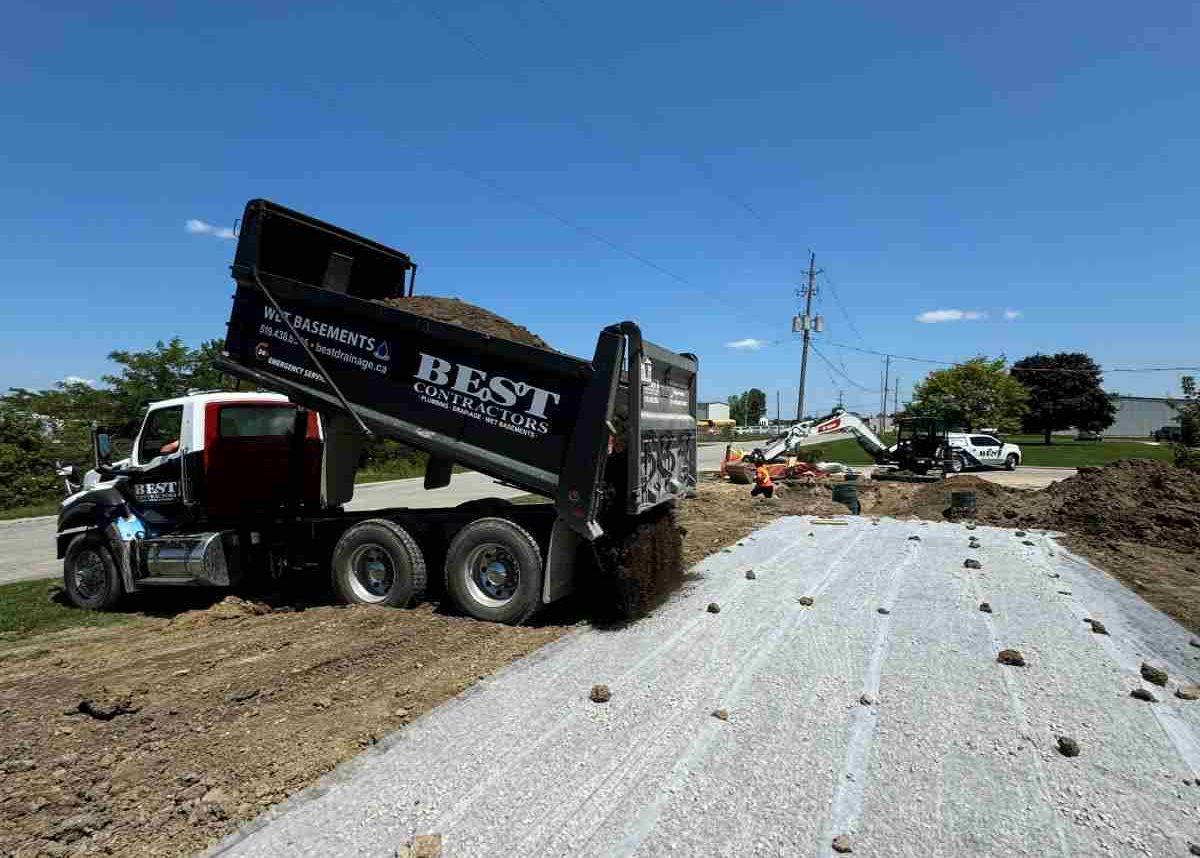What are the 3 types of septic systems?
Septic systems play a crucial role in treating and managing household wastewater, especially in areas not served by municipal sewage systems. This article explores three popular types of septic systems and emphasizes the importance of professional expertise in installation and maintenance.
Why Professional Help Matters
Installing and maintaining a septic system requires specialized knowledge and tools. Professional installation ensures the system meets legal standards and functions efficiently, protecting your investment and the environment. DIY installations can lead to improper setup, environmental damage, and increased costs.
Conventional Septic Systems: A Reliable Choice
Conventional septic systems, often the most common choice, consist of a septic tank and a drain field. The tank processes household wastewater, and the drain field filters it into the ground. Read more.
Advantages:
- Cost-effective and dependable: These systems are known for their reliability and relatively low cost.
- Ideal for adequate soil conditions: They work best in areas with sufficient soil depth and permeability.
Professional assessments can determine if a conventional system suits your property. Experts ensure optimal placement and functionality.
Chamber Systems: Versatile and Environmentally Friendly
Chamber systems are suitable for areas with high water tables or poor soil. They use chambers made of plastic or concrete instead of gravel in the drain field.
Advantages:
- Flexible design: The system’s design adapts to various site conditions.
- Environmental conservation: It reduces the use of gravel, lessening environmental impact.
- Durable: Properly maintained, these systems can last many years.
Installing chamber systems requires precise expertise to avoid common pitfalls like improper alignment or inadequate sizing.
Aerobic Treatment Systems: High Efficiency in Waste Treatment
Aerobic treatment systems use oxygen to break down organic matter, producing a cleaner effluent than conventional systems. They include mechanical components to introduce oxygen into the treatment process.
Advantages:
- Highly efficient: These systems effectively reduce pollutants in the effluent.
- Suitable for tight spaces: Their compact design makes them ideal for smaller plots.
- Water reuse: The treated water can often be used for landscaping, reducing waste.
The complexity of these systems necessitates regular professional maintenance to ensure all mechanical parts function correctly.
Making the Right Choice: Expert Guidance
Choosing the right septic system depends on many factors, including soil type, property size, and local regulations. Each system offers distinct benefits and requires different levels of maintenance.
By consulting with professionals at Best Plumbing and Drainage Contractors, you can ensure that you select the most appropriate system for your needs. Our experts provide insights that protect your property and the environment.
This post was written by Best Plumbing and Drainage Contractors
August 2, 2024
Back to Blogs

